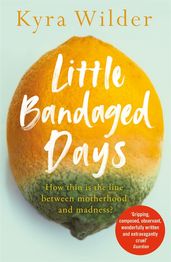The common kind of insanity that comes of having children
Kyra Wilder, author of Little Bandaged Days, discusses how the everyday experience of motherhood inspired her debut novel and recommends her favourite books about mothers.
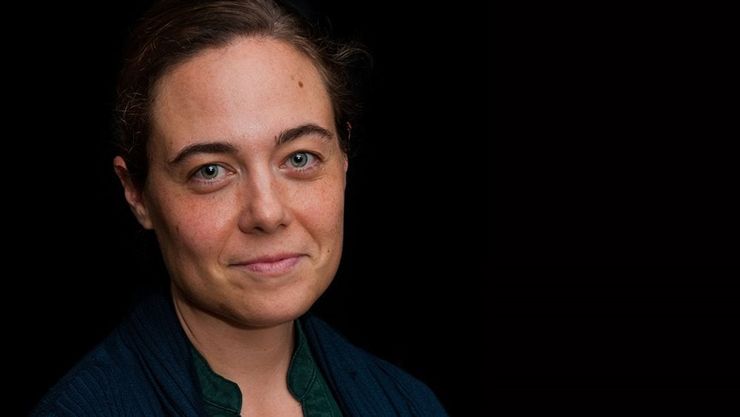
Kyra Wilder’s debut novel Little Bandaged Days is a beautifully written, painfully claustrophobic story of the mental toll that isolation can take, something that many readers can now identify with all too well. When Erika moves to Geneva with her husband and two small children she is determined that their lives will be perfect. But, with her husband often absent through work and Erika unable to speak French, she quickly finds herself becoming cut off from the world around her, and soon her whole life revolves around caring for her children. As Erika begins to lose her grip on reality, the reader starts to wonder what exactly she will be driven to do. Here, Kyra Wilder tells us how Little Bandaged Days was born out of a desire to talk about her own experiences of motherhood, and recommends some of her favourite books about mothers.
This book built up slowly out of the sort of detritus that collects around the edges of those frantic, empty hours that fill, that always surely must fill, the days of people taking care of babies that have just been born. For instance, there were a number of years while I was having babies (three babies) and bringing them home and trying to feed them and keep them clean and happy, that I stopped eating cereal, or salads, or anything really that required sitting down at a table with a plate in front of me and taking bites. Mostly I just started eating walnuts, bags of them, out of my pockets, and this, at the time, seemed like a perfectly rational, perfectly reasonable thing to do.
Of course, most mothers of young children have some very similar story. If not walnuts exactly, there is almost always some sort of insanity simmering in the background. Because mothering, as it turns out, is not at all reasonable. And Little Bandaged Days started because I wanted the chance to talk about that, to dig into it and suss it out. That quotidian, banal, domestic, utterly common kind of insanity that comes of having children.
Also, I wanted to look at the tricky kind of power mothers have.
I began to think about a story my own mother loves to tell about when I was small. In the story, I fall down and badly scrape my leg and she runs over and grabs me and picks me up and says, My god! Oh I’m so glad you fell down! Some kids fall up!
And in the story, I don’t cry. Instead, we look up at the sky together and she says, solemnly, holding me now in her arms, Who knows what happens to those other kids . . .
And the story is, of course, funny, and a joke, and she wants people to laugh when she tells it. But the story is also a story that makes a claim. A claim that she could distract me so quickly and so completely that I would not feel any pain. Not any at all.
And I was thinking of this story, while I was eating walnuts and washing babies. And now I wondered, crunching, washing, grinding on shells, to what extent is she, as a mother, responsible for the pain her children experience?
Because in the story of the bloody knee, she’s responsible for all of it, isn’t she? If a mother can tell a story that takes the pain away, isn’t she responsible any time she doesn’t?
Isn’t she culpable anytime she’s just lazy, and only puts on a Band-Aid, and doesn’t invent a story or a game so distracting, so enticing, that physical reality is changed and the child is safe, and indeed, actually has never been injured at all?
And I wanted to suss that out too, the not-really-at-all-benign power mothers have, their position, often, as first story-tellers, and what that might mean. What they might believe, mothers who believe in stories, and what kind of energy they might then bring with their too-much power and too-much responsibility, to the stories they tell.
I was thinking about these things, but I wouldn’t have been able to write about them if I hadn’t moved to Switzerland, where it is often very quiet, and where I didn’t know anyone, and where I was often alone.
And I found, writing, that I was really glad to write it. I found it freeing and I had fun with it. I’m having fun sharing it too, and I think it should be shared, because, in my experience, if you’re eating walnuts out of your coat pockets, the chances are that most of the other parents at the park are doing pretty much the same thing.
Here are some of my favourite reads about mothers and violence and rage and interior decorating:
Lady Audley's Secret
by Mary Elizabeth Braddon
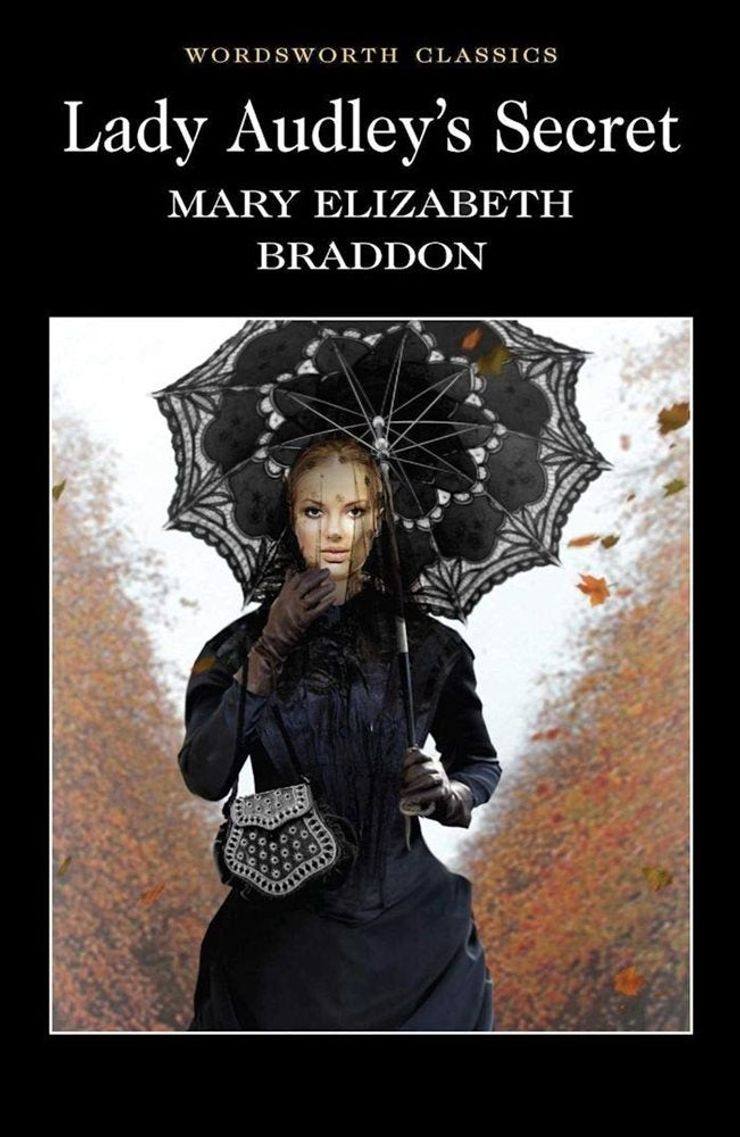
For fans of Shirley Jackson, this best-selling Victorian crime thriller caused a sensation when it was published in 1862, not least because it dives into the burgeoning nineteenth-century uneasiness surrounding women and the home. This book has unforgettable characters, including a hapless detective and an arch villainess, and it’s got violence, madness, and motherhood all wrapped around each other in a spectacular chokehold at its core.
East Lynne
by Ellen Wood
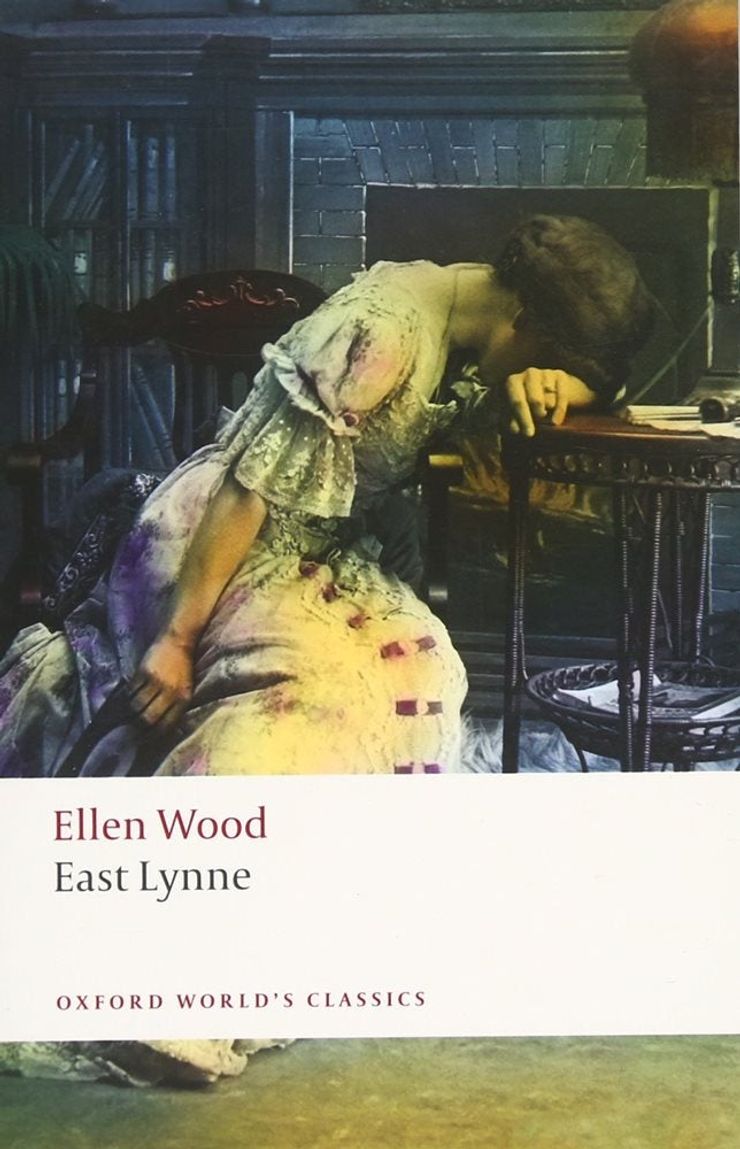
Published in 1861, East Lynne was one of the most popular books of its day. Lady Isabel, the book’s beautiful, aristocratic heroine, gives in to her anger and frustration and abandons her husband and her children for the dastardly Captain Levison. After a railway accident leaves her horribly injured, she returns home in secret to act as ghost-like governess to her own children, aided in her disguise by a pair of infamous blue spectacles.
This bizarre, sweeping, utterly engrossing novel caused no small amount of hand-wringing among nineteenth-century moralizers and critics alike. Among other scandals, it suggests that a woman, that a mother, can be angry and mistaken and imperfect and that we, the reading public, might like her all the more for it.
This bizarre, sweeping, utterly engrossing novel caused no small amount of hand-wringing among nineteenth-century moralizers and critics alike. Among other scandals, it suggests that a woman, that a mother, can be angry and mistaken and imperfect and we, the reading public, might like her all the more for it.
The Lost Daughter
by Elena Ferrante
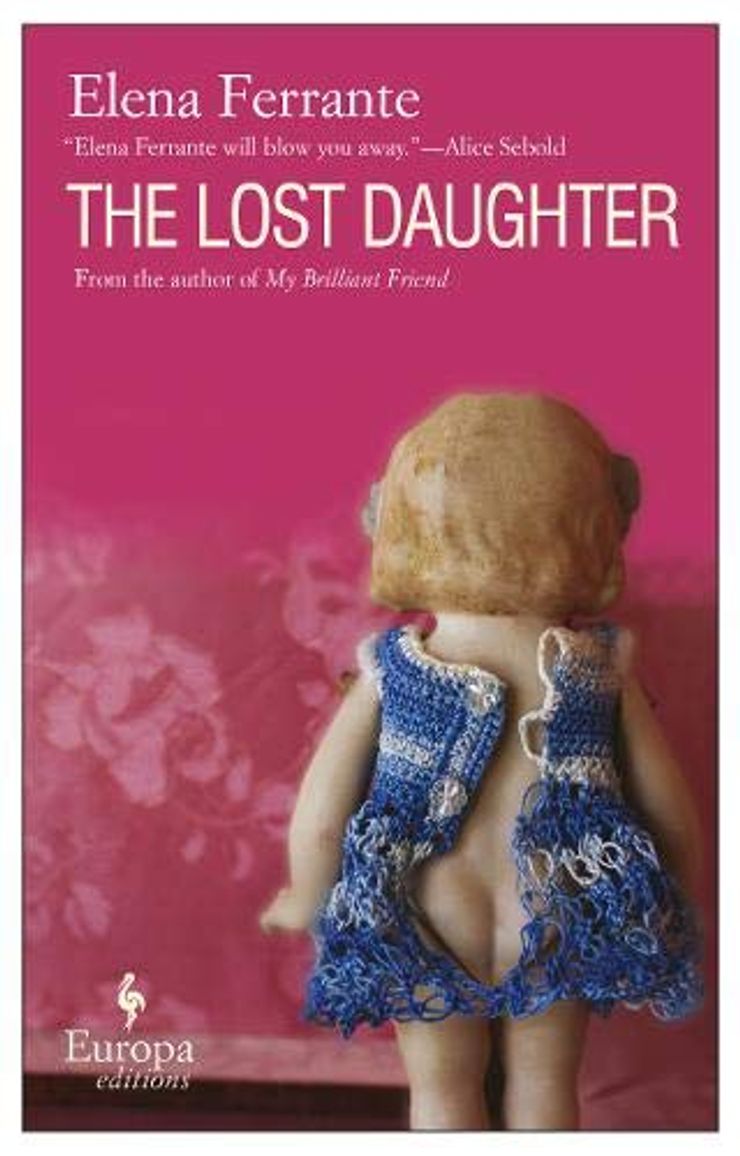
Leda, a divorced mother whose grown children have moved away, finds herself alone in a seaside town on holiday. Where she expects loneliness, maybe even bereavement, she discovers lightness, relief, and a long-forgotten easiness inside her own skin.
But her fascination with another mother she sees on the beach upends her newfound tranquility, and pitches her back into memories of her own family’s complicated past. There are no mothers and daughters like Ferrante’s mothers and daughters, and there is no one else who can write sentences so tightly packed with rage and with love.
Adèle
by Leïla Slimani
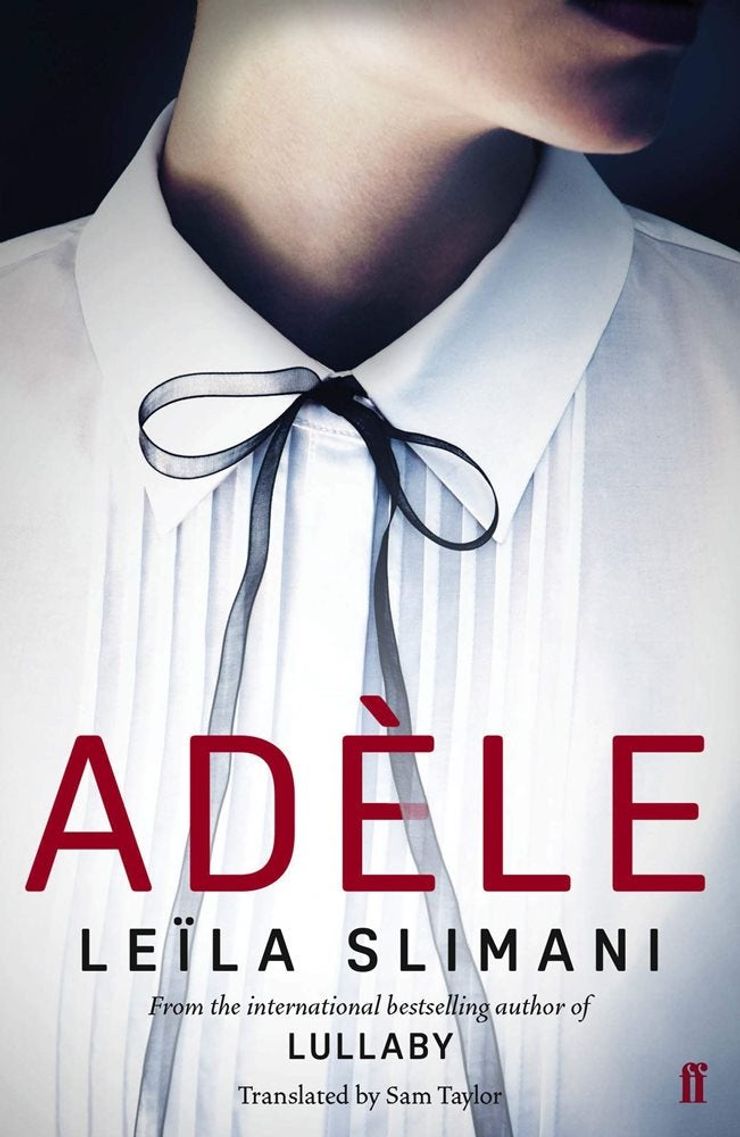
Underneath the veneer of her perfect Parisian life, Adèle is a young woman struggling with desire. The weight of social expectation that has, for Adèle’s entire life, pruned and clipped and controlled her, has left her with a single, devastating, outlet.
This is a psychologically compelling book about sex addiction but it’s also a book about the weight of social expectation placed on women and mothers, and the extent to which that weight has the capacity to strip a woman down to her bones.
Fever Dream
by Samanta Schweblin

This is absolutely one of the most terrifying books that I have ever read. Amanda, travelling alone with her daughter, Nina, arrives at a small house in the Argentinian countryside. While staying in the house she meets another mother and her son, David. But David, the neighbour says, is not her real child, not any more. He’s a changeling the neighbour tells Amanda, a monster, a replacement. Amanda doesn’t believe the neighbour, but we immediately wish she would.
The original title of this book is Distancia de Rescate, referring to the distance Amanda estimates that she can keep from Nina at any given moment and still save her in the event of disaster. Any parent has felt the anxious pull of this distance, the way it ebbs and flows, relaxing, then suddenly, without warning, snapping us back. Shortlisted for the 2017 Man Booker International Prize, Fever Dream is a hot, gorgeous knife to the gut.
Little Bandaged Days
by Kyra Wilder
A mother moves to Geneva with her husband and two young children. As her husband spends more and more time at work, she finds herself totally isolated in their beautiful new apartment. Grappling with the realities of motherhood and identity, Little Bandaged Days is unpredictable, frighteningly compelling and brutally honest.
Image © Robin Farquhar Thomson
